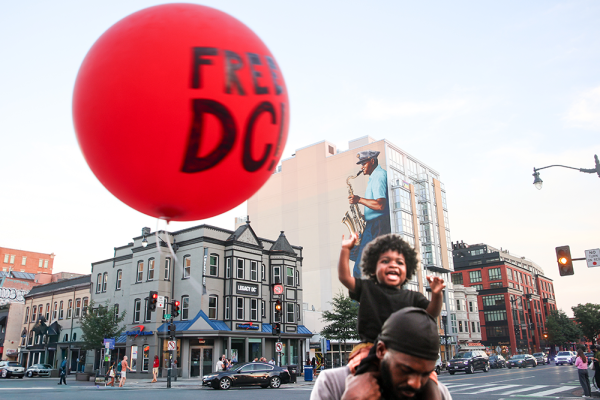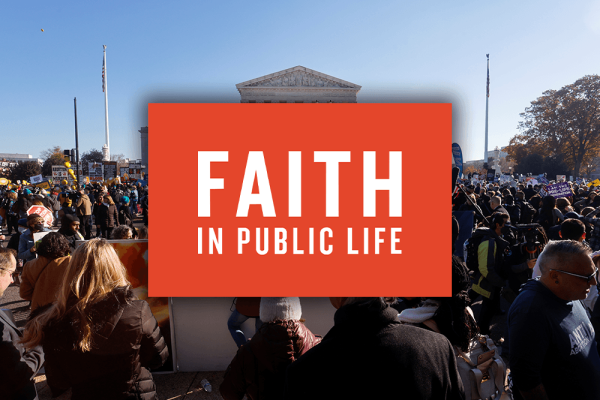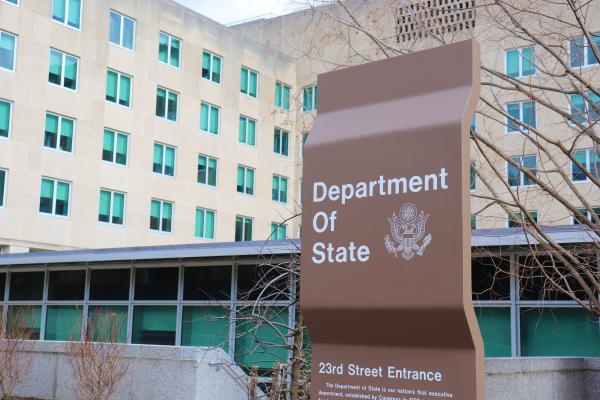Why is it that, in our current era, the most emotionally resonant art often lurks behind the silliest premise? It has become something of a running joke in the rapidly emerging KPop Demon Hunters fan community that the movie, on the basis of the title alone, is incredibly difficult to recommend to people without being laughed off. KPop Demon Hunters may have a campy hook, but it explores ideas that cut to the heart of human experience.
KPop Demon Hunters is about Huntr/x, a trio of Korean singers whose pop star status conceals their true role as mystical demon hunters tasked with creating a supernatural barrier called the Honmoon. Through the power of music, this Honmoon keeps soul-consuming demons at bay from the world. When the evil demon king Gwi-Ma sends a demon boy band called the Saja Boys to fight fire with fire (or pop song with pop song,) our heroes’ defense against the demon army begins to break. And the darkest secret? Rumi, the group’s lead singer and the film’s protagonist, is actually part-demon herself.
When President Donald Trump announced a takeover of the nation’s capital in August, he justified the move by claiming that crime in Washington, D.C., was rampant. It wasn’t.
Many videos have surfaced on social media depicting law enforcement officers from multiple agencies targeting predominantly Black and brown neighborhoods while outraged bystanders berate the officers.
Shortly after Hamilton was first released a decade ago, I found myself singing along to it rather loudly while building a new IKEA bed frame in a group house I had just founded.
As I belted out the words to one of the more familiar songs from Act 1, “My Shot,” my new housemate poked her head around the corner and added her own voice to the mix. “I’m just like my country / I’m young, scrappy and hungry,” we sang in unison, creating a moment of joy and connection between a Catholic and a Protestant that provided the foundation for a lasting friendship and community-building work.
“At their best, my videos are life-changing,” CJ The X tells me, with a laugh that acknowledges the immensity of the claim. From the mouths of many other internet creators, this statement might sound ludicrous—but the comments on CJ’s channel will reveal that they are not exaggerating.
“Every CJ The X video gives me about 5 metaphysical panic attacks before giving me some sort of closure,” one commenter remarked.
If you’ve ever attended a Christian music concert, you’ll likely remember the mid-concert missions pitch. Growing up in the evangelical tradition, I heard countless versions of this pitch from local nonprofit leaders admonishing us to give to their organizations. But there is one pitch I’ll never forget.
In high school, I went to see Remedy Drive at a small music venue in Northeast Wisconsin. At the time, they were a larger-than-life band with songs like “Daylight” and “All Along” topping the Christian music charts. The concert lived up to the expectation as their long-haired frontman, David Zach, danced around the stage, jumping off speakers and spraying water into the crowd.
Aymann Ismail has a variety of identities that keep him busy. When I asked him to tell me about himself, he replied, “I’m a journalist, a parent, and a full-time Arab American.” He is also the author of the new memoir, Becoming Baba: Fatherhood, Faith, and Finding Meaning in America.
One of the things I appreciate most about Ismail, who is Muslim, is the way he subtly incorporates reflections on his faith into his writing. In Becoming Baba, Ismail relates how he sat down to read the Quran, only to vehemently disagree with what he read. This led him to explore his doubts and questions, which Becoming Baba explores in an engaging and refreshing way.
Hearing about the news of James Dobson’s death reminded me of a conversation I recently had with my sister while we were making our way to an Ethel Cain concert.
We were conversing as we hurried to the car, excited to profess our love to Willoughby Tucker, and I told my sister she was the only reason I knew about Ethel Cain—whose real name is Hayden Anhedönia. We then indulged in some cynical jokes about the “woke” impulse to cancel Anhedönia because of old social media posts, which she has since apologized for and described as “deeply shameful and embarrassing.”
Last week, I returned from vacation to find more than 2,100 National Guard troops in my city, our nation’s capital, deployed from the district and six other states at a cost estimated to be upwards of $1 million a day.
As I walked from Union Station to our nearby offices, I was filled with righteous anger—not at the National Guard troops who were milling around, simply following orders, but toward the Trump administration’s wasteful, political stunt of misusing emergency powers granted to the president with dire consequences.
It’s not just the optics of Humvees parked outside Union Station or soldiers in desert camouflage patrolling the National Mall; an ever-present sense of menace has settled over many parts of the city, especially for many Black and brown people and others whose identities or circumstances make them vulnerable to over-policing. It’s unmarked cars directly outside bilingual childcare centers, and nannies asking to be escorted to and from their jobs. It’s also the presence of vested, armed, and often masked federal agents on our streets—all too often, we see them because they are taking a person of color into custody. It’s hearing that a former colleague couldn’t worship at their church because ICE was parked outside the sanctuary doors. It means having to go through militarized checkpoints in some of D.C.’s most popular areas for nightlife, such as U Street, and in neighborhoods with a high concentration of Latinos and immigrants, such as Columbia Heights.
Faith in Public Life, a nonprofit that organizes clergy and faith leaders toward progressive causes, laid off 90% of its staff, CEO Jeanné Lewis confirmed to Sojourners.
Lewis said the decision, which reduced FPL’s staff from 19 to just two on Aug. 1, was both strategic and financial, in response to changes from institutional philanthropy and grant-makers. FPL and its sister organization, Faith in Public Life Action—which Lewis also heads—will scale back programming as a result of the shift.
As part of an investigation into the Trump administration’s dangerous Anti-Christian Bias Task Force, Americans United for Separation of Church and State today filed a federal Freedom of Information Act lawsuit against the U.S. Department of State.








